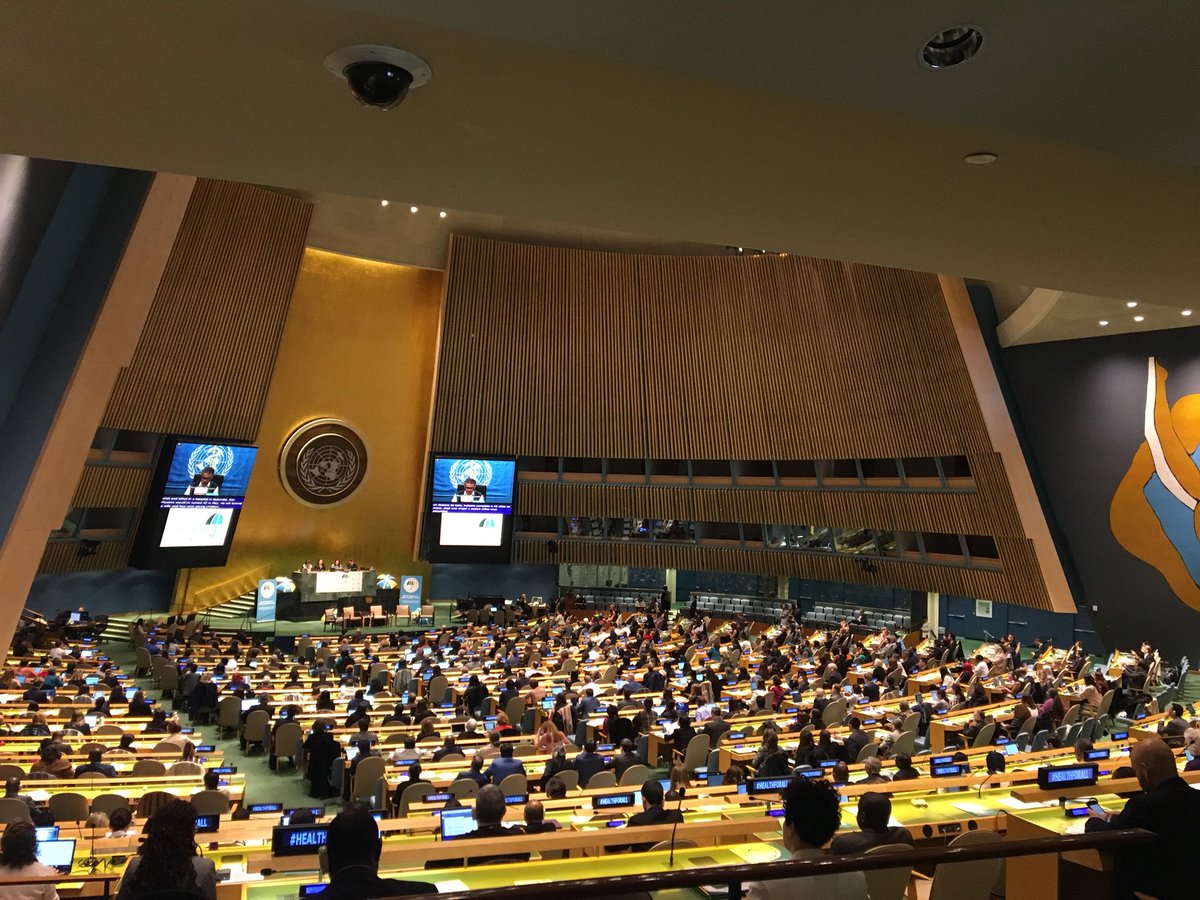1,000 Days believes that every mom, child and family in America deserves a healthy first 1,000 days. We support guaranteed access to high-quality, affordable health insurance that offers comprehensive benefits for preconception and prenatal care, maternity services, breastfeeding and postpartum care, pediatric care and other critical maternal, infant and young child health services. In addition, we reject all efforts that would make it more difficult for families to access comprehensive health insurance, result in increased numbers of uninsured people, or put needed services out of reach. This would roll back the progress we’ve made — and would result in worse health outcomes for moms and children.
With health care in the news a lot these days, we want to provide an update on what’s been accomplished to date, what’s really on the horizon — and what’s at risk.
The Affordable Care Act Matters to Moms and Babies
Just over 9 years ago, the Affordable Care Act (ACA) became law, making it easier for moms and young children to access high-quality and affordable health insurance. Today, more American families have health insurance, whether through their employer, the Health Insurance Marketplace or Medicaid. Additionally, their insurance is required to include essential health benefits — services that support the health of women and young children.
As a result of the ACA, just being a woman is no longer a reason for insurers to charge more for equal coverage. Maternity and newborn care, hospitalization, mental health services and recommended preventative services are all considered essential health benefits, meaning these services must be included in all new insurance plans. And women can no longer be denied coverage for pre-existing conditions such as a previous pregnancy, C-section, diabetes or cancer. These positive changes to our health insurance system have meant more moms, children and families have the health security they deserve.
Threats on the Horizon
Despite these gains, a series of legal challenges threatens the ACA’s future — and possibly the health coverage many families need. Most notably, a lawsuit has been filed that would overturn the entire ACA. While this lawsuit has a long legal fight ahead of it, it made news again recently because the Trump Administration stated its agreement that the entire ACA should be deemed unconstitutional and struck down. These attacks on the ACA put comprehensive coverage at risk for many families.
In separate legal action, courts will be examining expanded access to plans that offer limited benefits packages. Earlier this year, a court ruled against the Administration’s “association health plans” (AHPs). AHPs are not required to offer comprehensive benefits and are allowed to charge more for certain needed services. Another long legal battle will determine the fate of these limited-benefit plans.
If the ACA goes away or if limited-benefit plans are allowed to proliferate, here’s what’s at risk:
Comprehensive maternity, newborn and pediatric care could be put out of reach.
Health insurance plans would be able to pick-and-choose what benefits they offer. Essentially, this could mean a return to a pre-ACA health system when 75% of plans on the individual market did not include maternity coverage. Women would be left to choose between going without needed health services or paying out-of-pocket. That’s a decision no woman should be forced to make.
Women could pay more for less health coverage.
We’d be stepping back in time, before the passage of the ACA, when women could be charged more for their health insurance just because they are women.
Pregnancy could become a pre-existing condition (again).
If the ACA goes away or consumer protections are eliminated, insurers would be able to decide what is – and is not – a pre-existing condition, and then charge more accordingly. Just like before the passage of the ACA, women could be denied coverage (or charged a lot more) for health insurance just for having given birth or being of child-bearing age.
Because we know that comprehensive, affordable coverage is critical for the health and well-being of women and young children, 1,000 Days will continue to advocate for policies that strengthen our health care system and help ensure more families can access the care they need. We will work with bipartisan Congressional champions to make sure that all efforts take into consideration the unique needs of the first 1,000 days so that we can maintain access to the services women, children and their families need.




 1,000 Days calls for a comprehensive paid family and medical leave program that covers all workers. To best support families during the first 1,000 days, the program must:
1,000 Days calls for a comprehensive paid family and medical leave program that covers all workers. To best support families during the first 1,000 days, the program must: